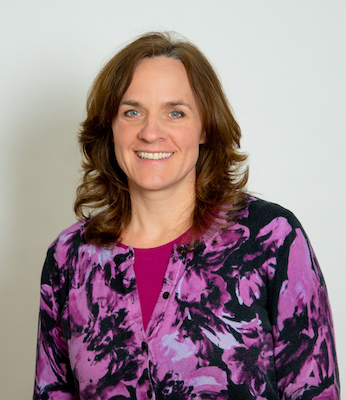One of the most challenging aspects farmers face is capturing extra value for the improved practices they’ve implemented over the years.
While adopting no-till and cover crop practices have frequently been shown to improve the bottom line, demonstrating that regeneratively gown crops are of higher quality or value can be tough. So what is an enterprising farmer to do if they believe their product is worthy of commanding a higher price than its conventionally-grown counterparts?
Hickory, N.C., no-tiller Russell Hedrick has had quite a bit of experience with direct marketing over the past several years, and has been successful selling crops to specialty markets, such as cornmeal and grits, corn for bourbon and buckwheat for gluten-free flour.
Recently he banded together with Liz Haney and Sarah Varble of the consulting company Soil Regen to help other farmers get a foothold in direct marketing. They’re getting ready to launch a farmer-led mobile custom milling operation that will cater to farmers who are growing grain following regenerative practices and who wish to market their product in a way that doesn’t rely on working with the local elevator.
Housed in an 8-by-20-foot enclosed trailer, the mobile “Regen Mills” will be used to travel to a farmer’s location and grind the farmer’s harvested grain. While the group doesn’t require the participating farmers use a litany of specific practices, they are required to use at least some regenerative practices, such as no-till, cover crops and growing non-GMO or heirloom varieties.
The ground grain will be packaged in 2-pound and 5-pound bags that are branded to the “Heritage Ground” brand name. The bags will feature the story of the grower who raised the grain. All direct sales are managed by the grower.
Besides milling, the initial rollout of Regen Mills will provide testing for germination rates, purity and vomitoxin levels, as well as food security protocols. Farmers who want to use the service need to have a 1,000-pound minimum grind, and Hedrick says most farmers will need to invest in a chest freezer to store their product — about an $850 investment.
With this system, however, a farmer can generate much higher profits than if he were to send his product to the local elevator, according to Hedrick.
For example, a single acre of 100-bushel corn can net over $20,000 in a direct-marketing arrangement, he says. For farmers who really don’t want to get involved in direct marketing, Regen Mills will actively market the product in the bulk/wholesale market, netting the farmer over $10,000 per acre — still an enormous profit compared to traditional markets.
Regen Mills is currently accepting applications of interested farmers, and one mill can service about 20-25 farmers. There is a one-time fee to cover certain services the mill will provide, such as photography and biography writing for the packaging, and registration of the product.






